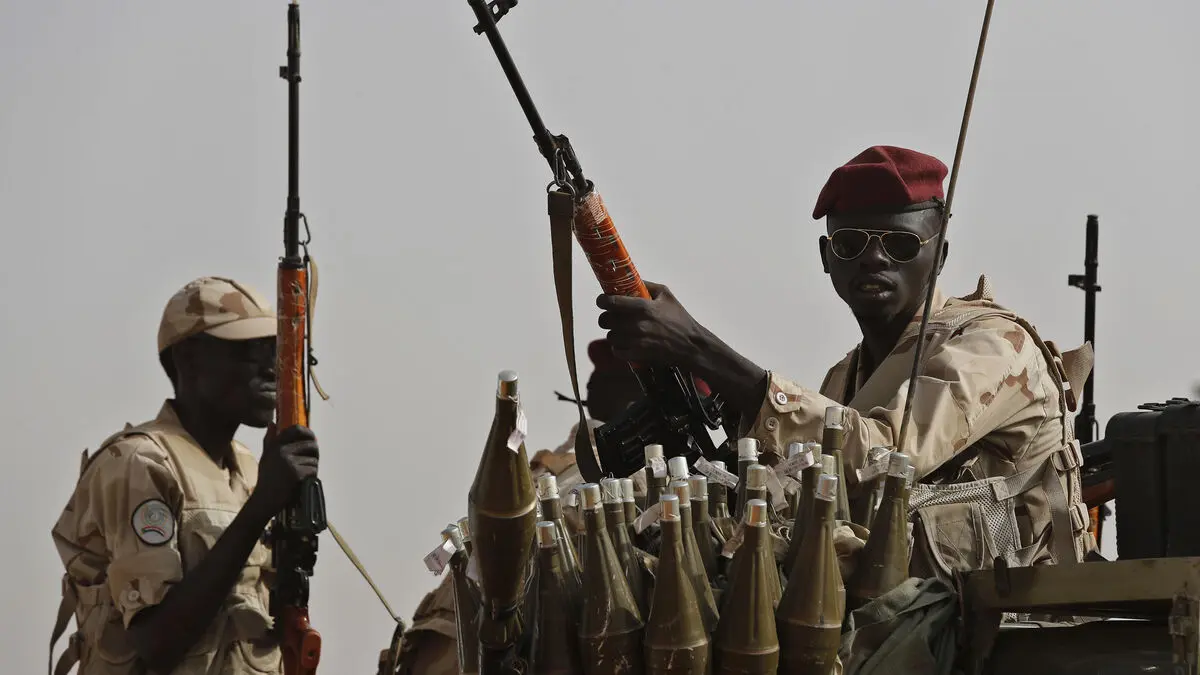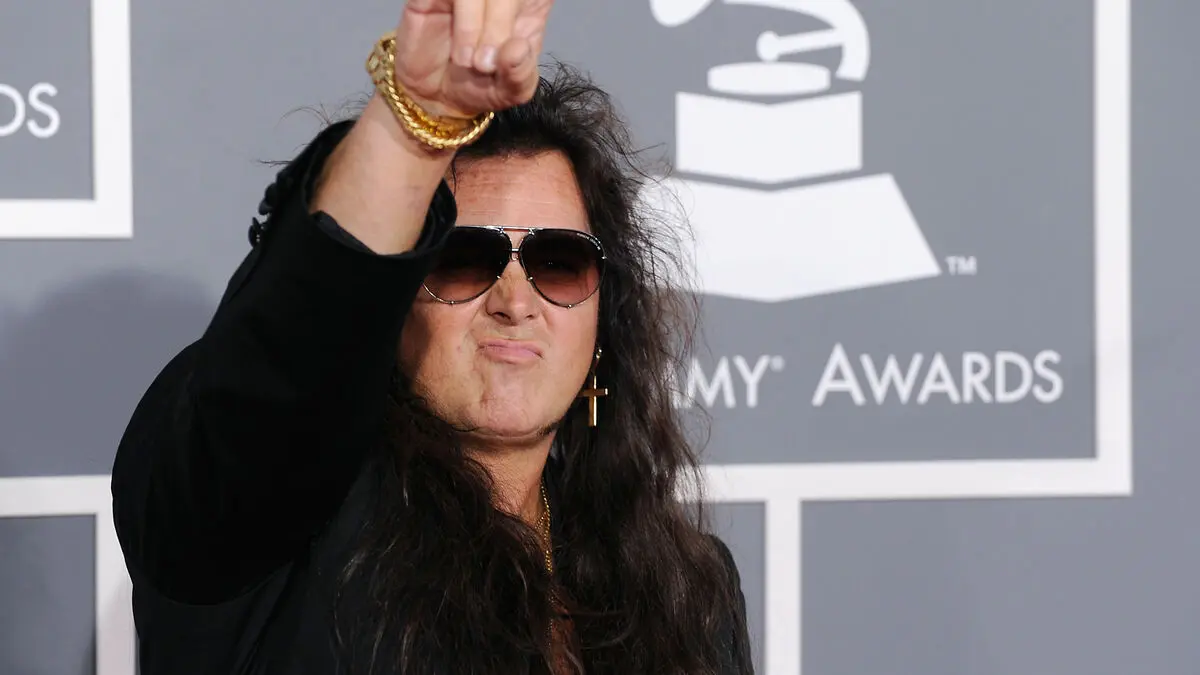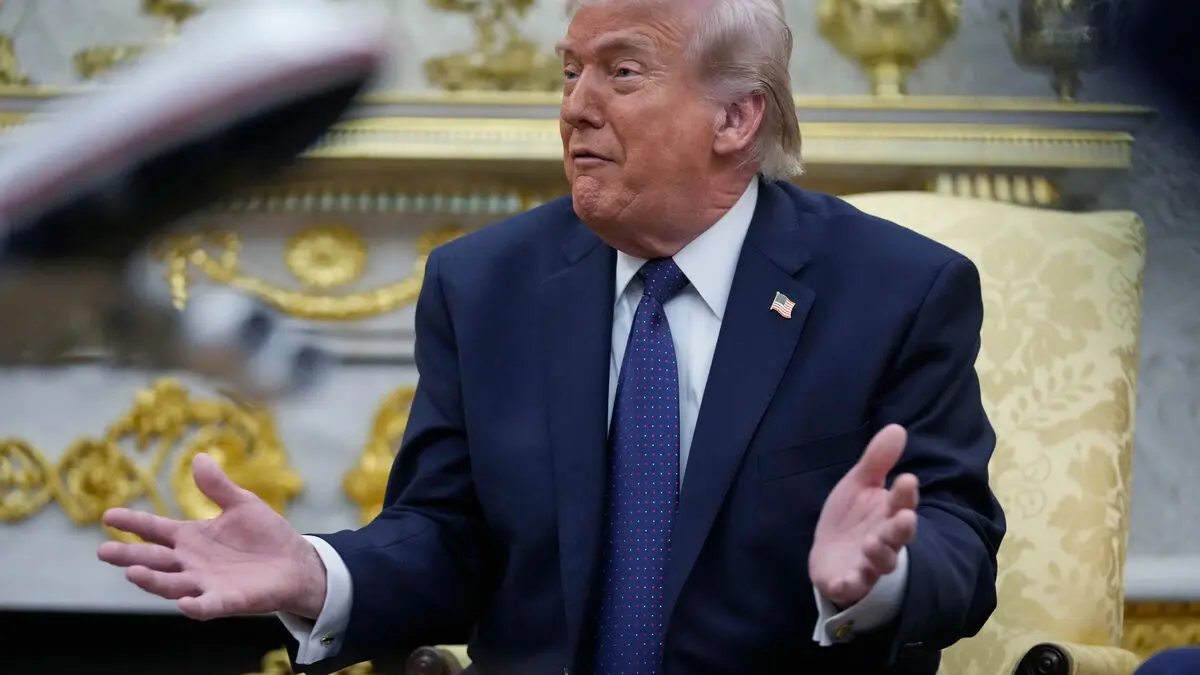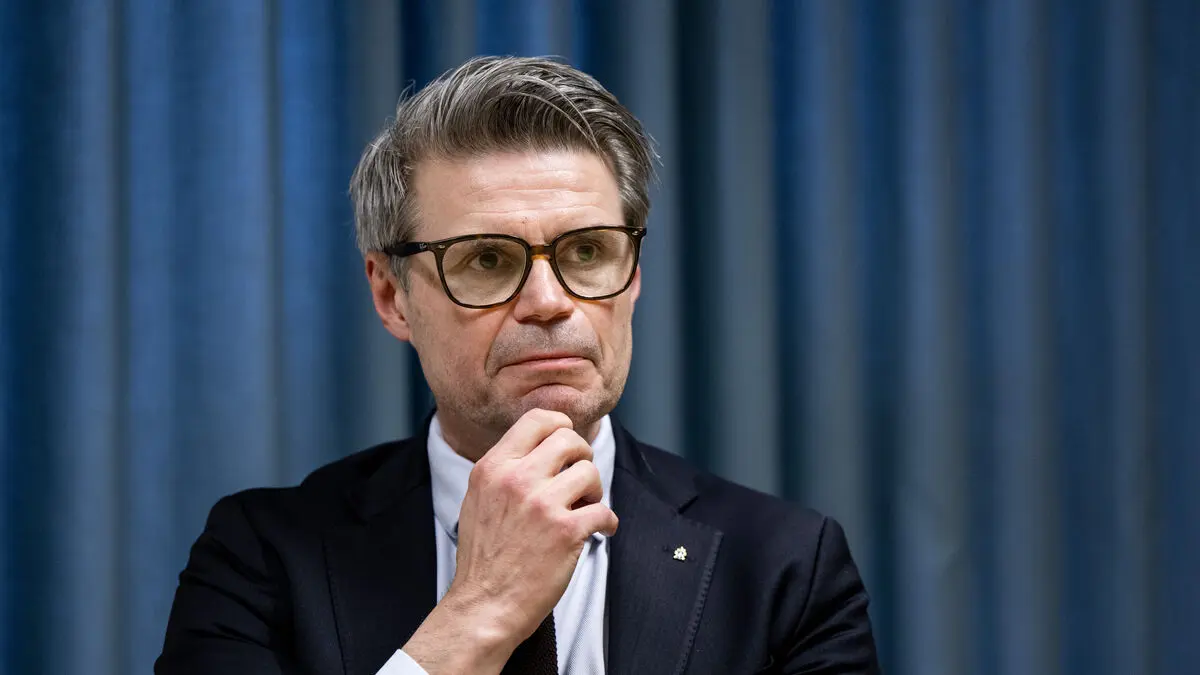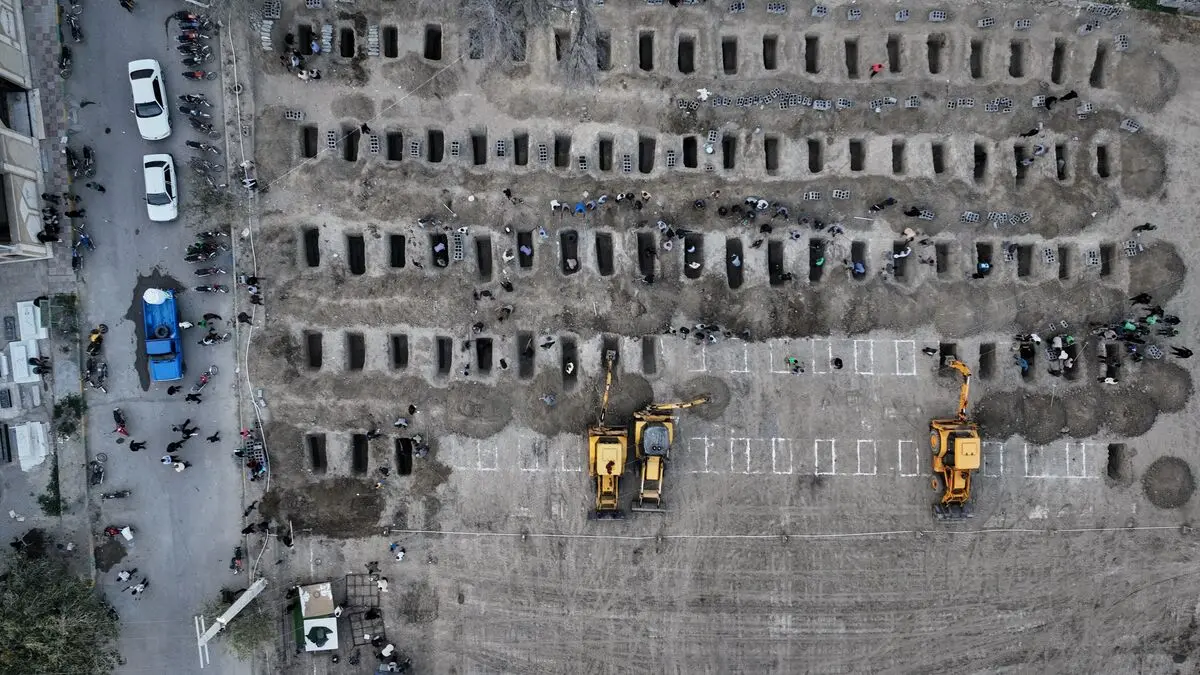In April 2019, long-time dictator Omar al-Bashir was overthrown. A wave of popular discontent had swept through the country, raising hopes for a democratic Sudan.
But al-Bashir left behind two powerful military forces. They had other ideas.
In 2021, Sudan's regular army and paramilitary RSF jointly crushed the people's democratic aspirations and seized power in a military coup, with General Abd al-Fattah al-Burhan as the self-proclaimed leader.
"Back then, you had a strange situation with two parallel military forces. And they had major frictions between them, with a very strong rivalry that grew and grew," says Johan Brosché, a peace and conflict researcher with a focus on Sudan at Uppsala University.
The two forces began fighting each other in the spring of 2023, and in the catastrophic civil war that followed, tens of thousands of people have been killed and millions have been displaced.
The Evil Horsemen
Behind the military split was Omar al-Bashir - a paranoid dictator who himself came to power in an armed coup in 1989. During his 30 years in power, he took steps to avoid suffering the same fate.
You don't want a centralized military that has all the armed power, because then you are afraid of being deposed yourself, says Johan Brosché.
The RSF was created by the previous regime as a counterweight to the military.
RSF (Rapid Support Forces, the English translation of the name) was formed in 2013, but many of the soldiers had been there longer than that.
In the early 2000s, rebels in Darfur, western Sudan, took up arms against al-Bashir's regime for increased autonomy. The regime in Khartoum capitalized on the strong antagonisms that existed there: between smaller ethnic groups, between Arabs and Africans, and between settled farmers and nomadic herders – in a severe drought where fertile land was scarce.
The regime recruited and armed Arab clan militias called the Janjawid – roughly “the evil horsemen.” They are behind a large part of the war’s countless crimes, where rural civilians were slaughtered and entire villages burned to the ground.
They simply said to these groups: Come and fight for us and we will give you lots of land, says Johan Brosché.
Received European support
After the 2000s Darfur War, with hundreds of thousands of deaths and accusations of genocide, Janjawid militia soldiers were brought into the military ranks. They were given official uniforms and the more formal name RSF.
The RSF force grew in size and resources. It was sent to war in other countries, including with tens of thousands of soldiers in Yemen, earning money and gaining experience. When Omar al-Bashir was overthrown in 2019 and a power vacuum arose in Khartoum, the RSF was on a par with the regular army.
During the same period, European countries, including Sweden, entered into an agreement with Sudan and several African countries to close the route through North Africa to refugees and migrants. At that time, it was the RSF forces that were tasked with keeping Sudan's northern desert border closed.
Today's RSF became as strong as it did partly through European support, says Arjan Hehenkamp, who leads the International Rescue Committee's humanitarian work with refugees in and around Sudan.
In practice, RSF received European funding to stop fleeing Ethiopians and Eritreans, he emphasizes.
War over nothing?
During the current war, RSF's top commander Mohamed Hamdan Dagalo, known as Hemedti, has formed an alternative government based in the town of Nyala in southern Darfur.
"They act as both a national and a local force at the same time. They have national goals where they want to become a government and that is perhaps the most important thing for its top leader," says Johan Brosché.
But what is most important for many of those fighting in Darfur is to expand their power in the region.
Some international media and analysts have described the conflict as a “war about nothing,” a meaningless power play between top general Abd al-Fattah al-Burhan and warlord Hemedti. That’s a bit of a stretch, Johan Brosché believes:
The ideological dividing lines are smaller than they have been in previous wars, but it is about power. About economic power, political power and military power. Tremendous resources in gold, livestock and other things are at stake.
Gulf states enable
Behind the military power players stand larger powers.
The regular army receives support primarily from Egypt, Saudi Arabia and Qatar. There is broad consensus that it is the United Arab Emirates that supports the RSF.
By and large, it is the only actor that arms RSF, says Johan Brosché.
For the Emirates, it is largely about geostrategic power, with influence and control in the region, in an escalating rivalry with Saudi Arabia, he believes.
On the ground in Darfur, things are different. Since RSF took the city of al-Fashir the other week, there have been reports of mass executions and ethnic cleansing, based on film clips that have been distributed from there.
They hunt people, kill people, execute people. And shout "Come on, now we kill the Nubans," says aid manager Arjan Hehenkamp.
Nubans are groups of farmers in southern Sudan, but are used as a racist slur by RSF forces who describe themselves as Arabs.
There is a strong ethnic component to the violence, as has been the case in Darfur in recent decades.

